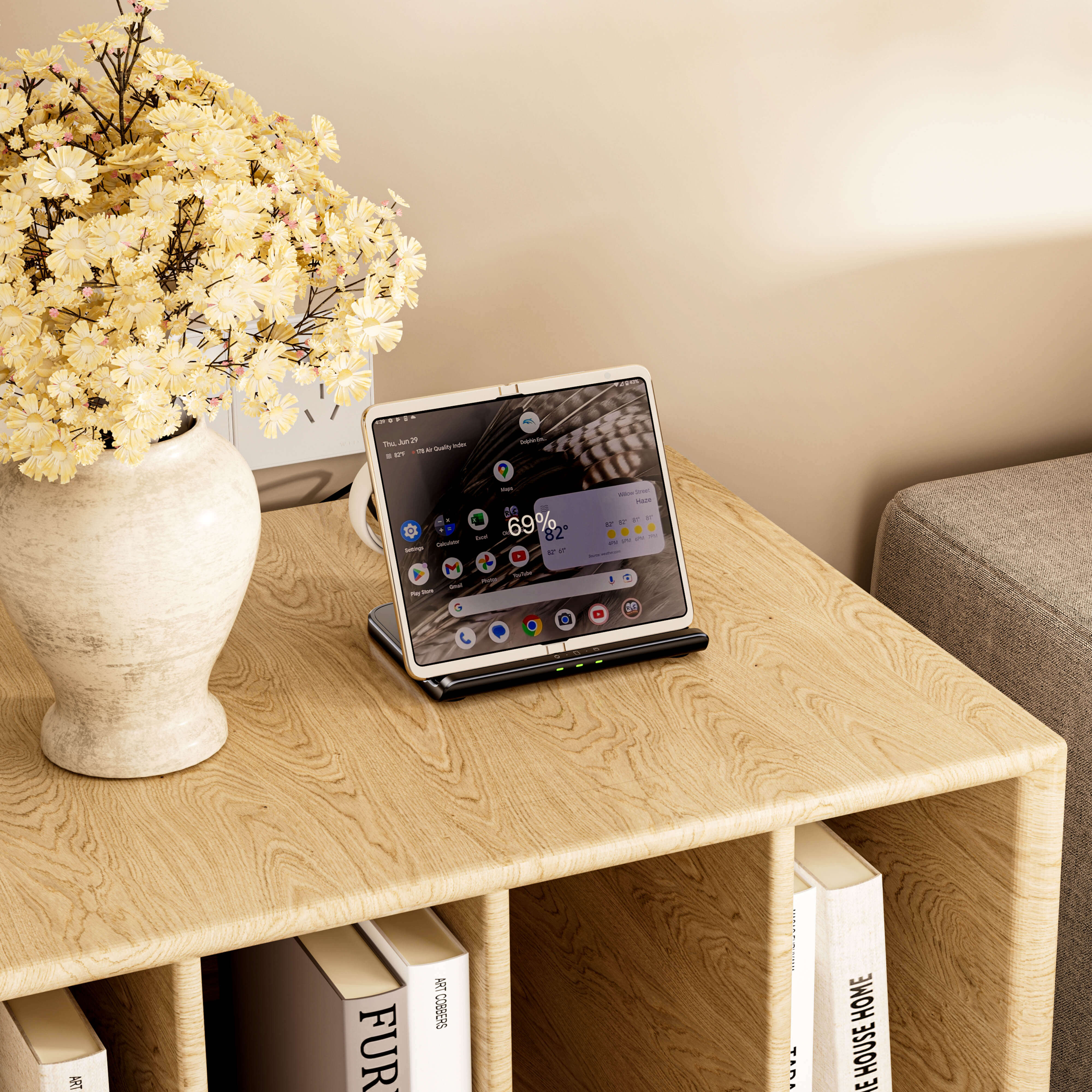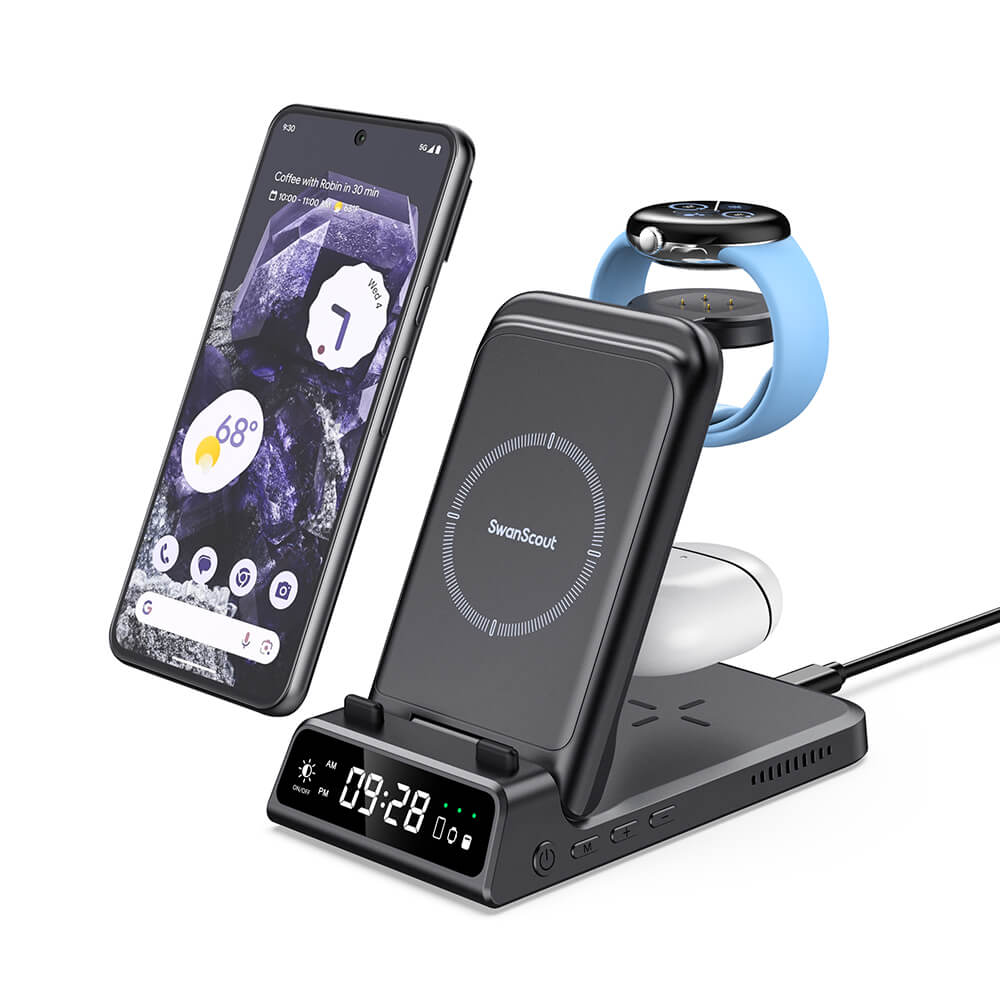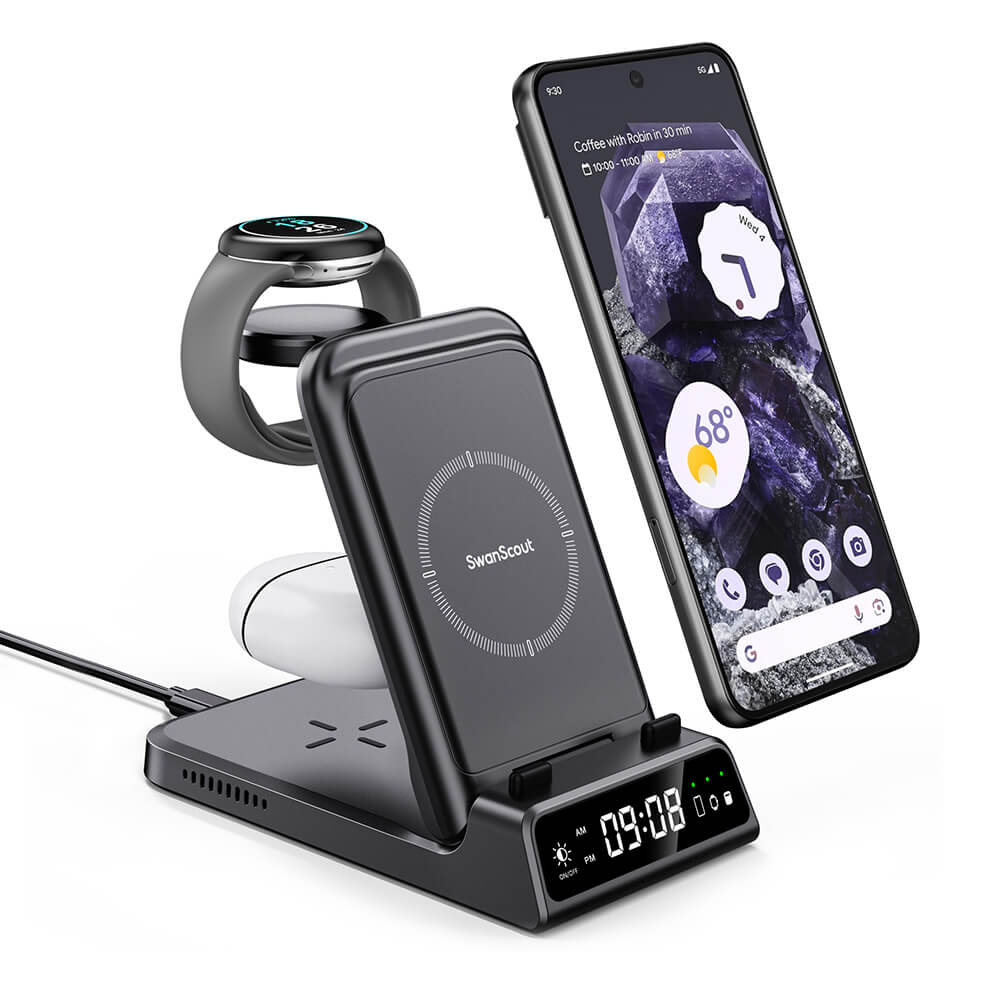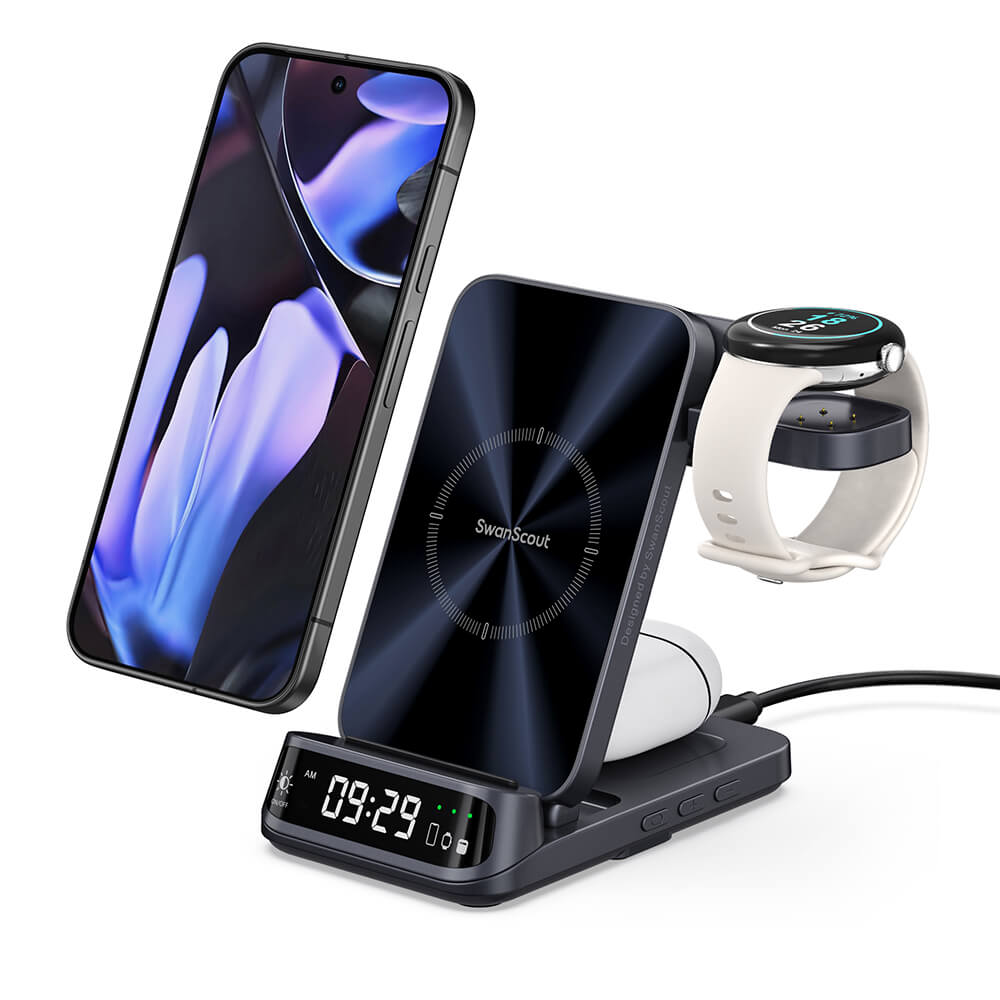Introduction
According to the latest exclusive news from Android Authority,Google is developing a new AI tool, ”Pixel Sense”, for the upcoming Pixel 10. This follows 2023 rumors about "Pixie," a next-gen AI for Pixel devices.Known for integrating AI into its smartphones, Google has made tools like Google Assistant and Gemini key features of the Pixel experience. However, with current limitations like poor integration and overly complex responses, Pixel Sense aims to deliver a more personalized and seamless user experience. Let’s take a look at what this might mean for the future of Pixel devices.
The current state of Google's AI tools : Google Assistant & Gemini
Over the years, Google has consistently integrated AI tools into its Pixel devices, making them a standout feature of the series. Tools like Google Assistant and Gemini have redefined how users interact with their smartphones. Users can use voice commands to have Google Assistant play music from YouTube Music or get the latest weather updates. They can also utilize Gemini to conveniently recognize text and images on their phones, aiding in writing and creative thinking. However, current AI tools still have many flaws in their usage, such as poor integration between Google Assistant and Gemini leading to software bloat and redundant features, and Gemini's "overthinking" which can turn simple responses into lengthy explanations, among other issues.These limitations highlight the need for a more streamlined and intelligent AI solution—will Pixel Sense be it?
“Pixel Sense”: Smarter and More Personalized
Google’s upcoming Pixel Sense promises to address the shortcomings of current AI tools by delivering a more integrated and personalized experience. Described as offering “the most personalized experience based on the things you do on your Pixel,” Pixel Sense is expected to leverage user data from various apps including Calendar,Maps,Gmail,Photos,Wallet,Contracts and others,to provide highly customized services.This could mean smarter, context-aware responses that avoid the overcomplication seen in Gemini, as well as seamless collaboration between AI tools to eliminate redundancy. For example, Pixel Sense might automatically suggest optimal routes based on your calendar and traffic conditions or offer tailored content recommendations by learning your preferences. By streamlining daily tasks and enhancing productivity, Pixel Sense might revolutionize how users interact with their Pixel devices, making AI not just a tool, but a true personal assistant.Additionally, don’t forget that increasingly powerful AI performance often comes with faster battery drain. That’s why choosing the right charging station for your Google Pixel is just as important—like the SwanScout 703G2,SwanScout 703G and SwanScout 708G2.
Challenges and Expectations
While Pixel Sense holds immense promise, it also faces significant challenges. Privacy concerns top the list, as the tool’s ability to learn from user behavior across apps raises questions about data security and transparency. Additionally, user adoption may hinge on whether people are comfortable with an AI that deeply integrates into their daily lives. Despite these hurdles, expectations are high. If Pixel Sense can deliver on its promise of seamless integration, smarter responses, and hyper-personalization, it could set a new standard for AI in smartphones. In conclusion, Pixel Sense represents Google’s bold step toward redefining the role of AI in our lives. Whether it will truly transform the Pixel experience remains to be seen, but one thing is clear: the future of AI-powered personalization is closer.





留言
此網站已受到 hCaptcha 保護,且適用 hCaptcha 隱私政策以及服務條款。